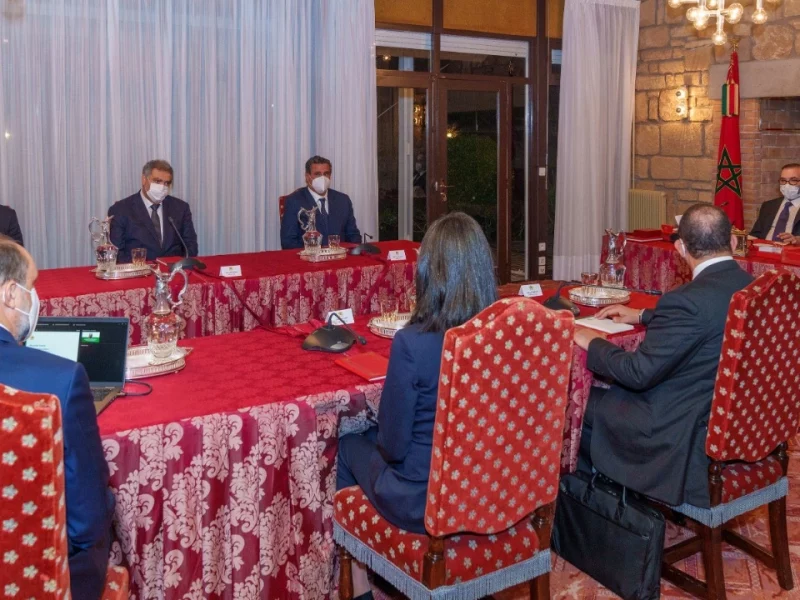The new Moroccan investment charter which is in the pipeline and which seeks to enshrine the Kingdom as a privileged land for regional and international investment was debated Wednesday at a working session chaired by King Mohammed VI, the Royal office said in a statement.
During this session, junior minister in charge of investments made a presentation on the broad lines of the new draft, which is devised to support the country’s new development model and strategic economic projects and which aims to increase the share of private investments to two-thirds of total investments in the country by 2035.
At present, private investments represents only about one third of total investment, the remaining two thirds being supplied by public funds.
During the working session, King Mohammed VI emphasized the role that the national private sector should play in this project, inviting the government to actively involve private operators, including the CGEM and the GPBM, in the implementation process of the charter.
He also urged the government to speed the finalization of the text and to prepare the tools for its implementation.
The King insisted that the renovation of the legal and incentive schemes remains dependent on their proper implementation and regular monitoring of their execution on the ground, in order to give a new impetus to private investment and to enshrine the Kingdom as a privileged land of investment at the regional and international level, said the Royal Office in the statement.
The major objectives of the new text consist in the creation of employment, the promotion of an equitable development of the territories, and the prioritization of the driving sectors of the economy.
To this end, the draft of the new charter establishes some supporting mechanisms, such as common principles on premiums, in support of investments that fall in line with the royal orientations, the objectives of the New Development Model, and the priorities set by the government.
It also establishes additional territorial bonus to encourage investments that can contribute to the economic development of less favored regions in the country; and additional sectoral bonus to give incentives to growth driving sectors.
The draft text likewise provides for exclusive support measures for strategic projects such as the defense or pharmaceutical industries, a specific support mechanism for very small, small and medium-sized enterprises, in addition to a mechanism for the development of Moroccan investments abroad.
